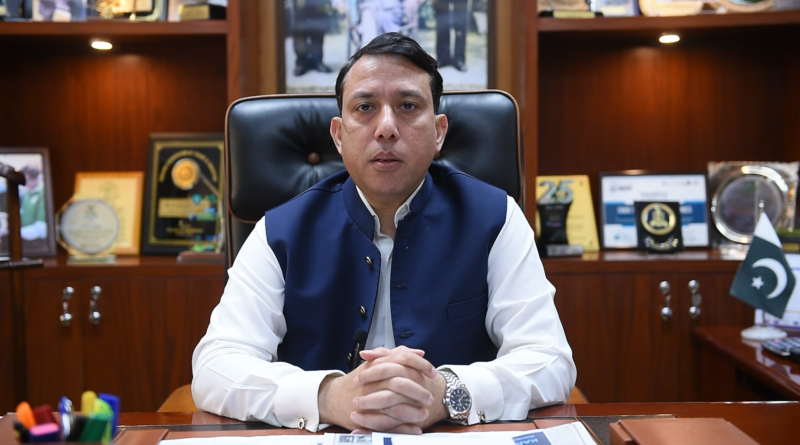Reformer Silenced: Syed Salahuddin Ahmed’s Removal Sparks Outcry Against Powerful Water Mafia
Karachi: In a move that has shocked civil society and public circles, Syed Salahuddin Ahmed, the Managing Director and CEO of Karachi Water and Sewerage Corporation (KWSC), has been removed from his position. The decision comes amid his relentless campaign against entrenched mafias involved in water theft and corruption, raising serious concerns about the motives behind this sudden removal.
A Bold Stand Against the Water Mafia
Syed Salahuddin Ahmed took charge of KWSC with a mission to reform Karachi’s water infrastructure and eliminate systemic corruption. His efforts to crack down on illegal hydrants, curb groundwater exploitation, and dismantle organized water theft networks earned him widespread praise — but also powerful enemies within political and business circles.
According to reliable sources, Ahmed’s uncompromising stance and transparency in institutional operations angered influential groups, leading to mounting pressure on the Sindh government. In response, not only has he been removed from his position, but an inquiry by the Anti-Corruption Department has also been initiated against him. In his place, Asadullah Khan has been given the additional charge of CEO.
Trailblazing Achievements Under His Leadership
Syed Salahuddin Ahmed’s tenure at KWSC was marked by groundbreaking reforms and innovative measures that significantly improved service delivery and operational transparency:
Computerized Attendance System: He implemented a state-of-the-art attendance system to ensure accountability and punctuality among KWSC staff.
Empowering the Workforce: He prioritized staff training and capacity-building programs, with a special focus on empowering female employees.
Hydrant Management Cell: Ahmed established an advanced hydrant management cell, ensuring equitable water distribution, particularly in underserved areas.
Modern Equipment for Drainage: To combat Karachi’s chronic drainage problems, he introduced modern jetting and suction machines, improving efficiency across the city.
Public-Private Partnerships: Under his leadership, KWSC entered strategic collaborations with private sector partners, ensuring sustainable and innovative water management solutions.
Public Outcry and Civil Society’s Response
The decision to remove Syed Salahuddin Ahmed has been met with sharp criticism from various quarters. Experts argue that Ahmed’s removal sends a discouraging message to other reform-oriented officers, signaling that integrity and accountability are unwelcome in critical public sector roles.
Civil society representatives, activists, and Karachi’s citizens have expressed grave concerns over this decision, warning that it could reverse the hard-earned progress achieved under Ahmed’s leadership.
One social activist remarked, “Syed Salahuddin Ahmed was one of the few leaders who dared to challenge the deeply rooted water mafia. His removal is not just an injustice to him but a setback for Karachi’s future.”
A Call for Transparency
Stakeholders are now demanding transparency in the inquiry initiated against Syed Salahuddin Ahmed and a thorough review of the circumstances leading to his removal. Many have called upon the Sindh government to reconsider its decision in the larger interest of Karachi’s water security and public welfare.
As Karachi grapples with mounting water crises, the absence of a visionary leader like Syed Salahuddin Ahmed raises serious questions about the city’s ability to address its deep-rooted water management challenges.

